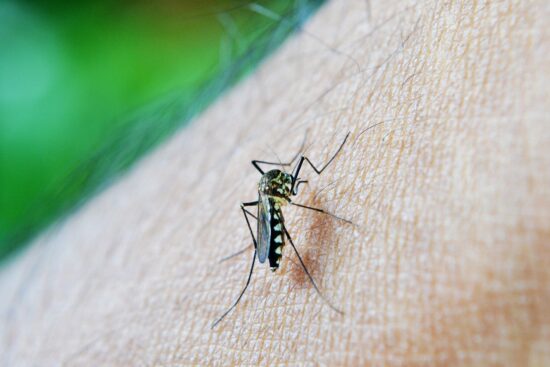Impact of piperaquine resistance in Plasmodium falciparum on malaria treatment effectiveness in French Guiana: a descriptive epidemiological study
Plasmodium falciparum is an apicomplexan parasite responsible for lethal cases of malaria. According to WHO recommendations, P falciparum cases are treated with artemisinin-based combination therapy including dihydroartemisinin–piperaquine. However, the emergence of resistant parasites against dihydroartemisinin–piperaquine was reported in southeast Asia in 2008 and, a few years later, suspected in South America.
The high prevalence of piperaquine resistance markers in parasite populations of the Guianas, and the risk of associated therapeutic failures calls for caution on dihydroartemisinin–piperaquine use in the region. Furthermore, greater attention should be given to potential differences in genotype to phenotype mapping across genetically distinct parasite populations from different continents.
AMR NEWS
Your Biweekly Source for Global AMR Insights!
Stay informed with the essential newsletter that brings together all the latest One Health news on antimicrobial resistance. Delivered straight to your inbox every two weeks, AMR NEWS provides a curated selection of international insights, key publications, and the latest updates in the fight against AMR.
Don’t miss out on staying ahead in the global AMR movement—subscribe now!






